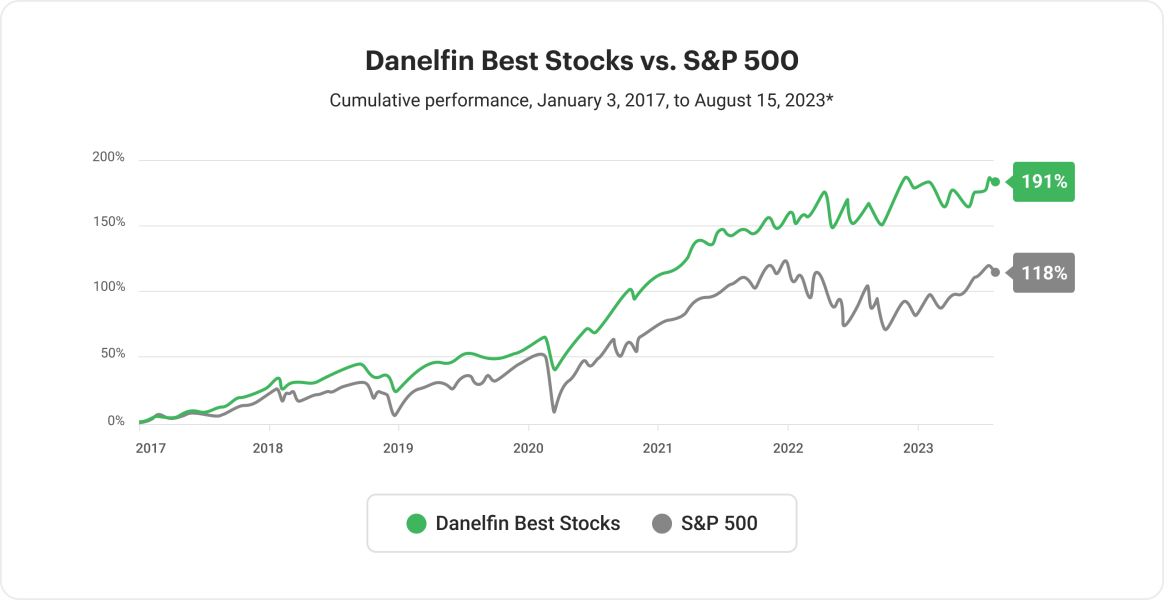- Joined
- Aug 20, 2005
- Messages
- 36,656
- Reaction score
- 93,562
- Points
- 148
As for my wife. Shes been teaching for ten years and get loans are private not federal. Her district also didnt honor her out of state teaching experience so she’s paid like a first year teacher since we just moved to Cbus a year ago.
Oh those loans are pure poison. Well you are in the lean years, but it doesn't last forever. I am not the model of financial success, but I do agree that investing whatever you can spare in a stock package will pay off five years from now, and cut the private loan payoff date down.
Best of luck, and I really do think you are in good shape caring about finances at age 34. I started caring at about 40 or so.
 Might be worth looking into though I think at this rate we have about five years left on her loans as is, even if we don’t up the payments.
Might be worth looking into though I think at this rate we have about five years left on her loans as is, even if we don’t up the payments.